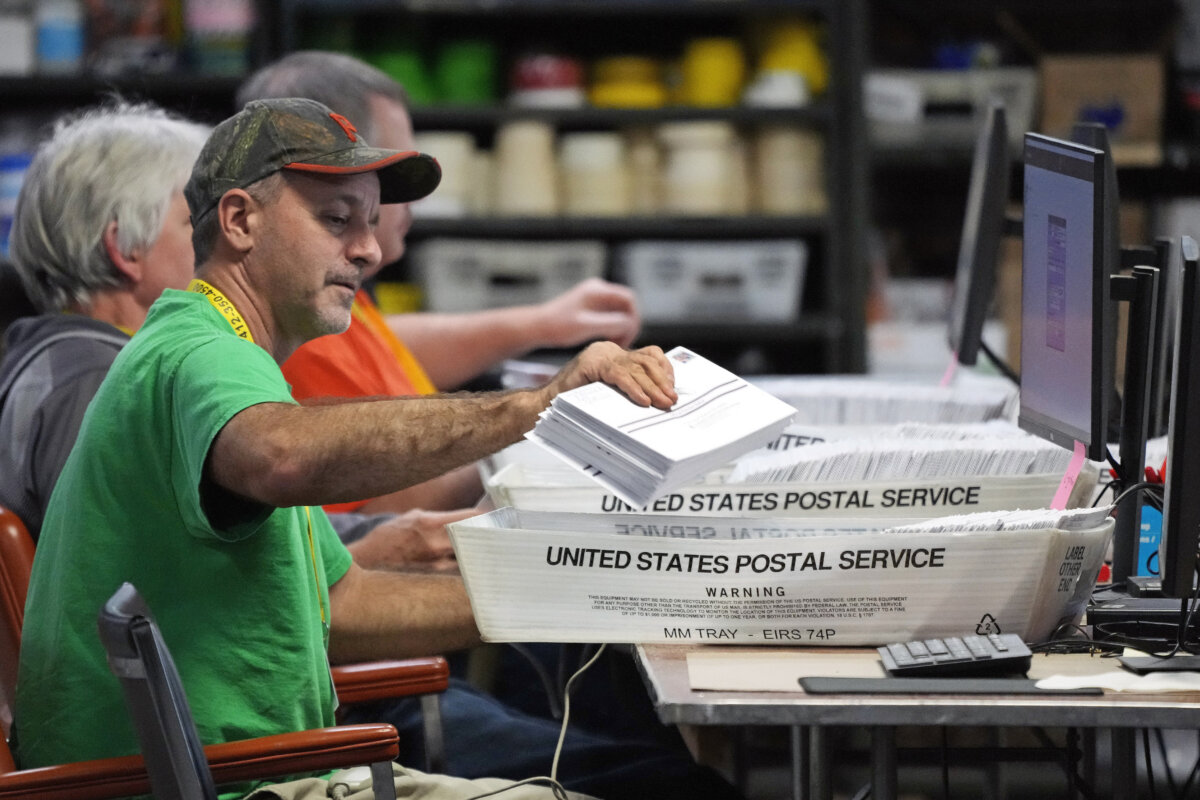Every night shelters in Calgary are packed with people who have no place to call home. Many of them are Aboriginals.
Those of Aboriginal ancestry make up only two per cent of Calgary’s population, but 17 per cent of the city’s homeless.
Eve MacMillan, executive director of Sunrise Native Addictions Services said the root causes of Aboriginal homelessness are mental health and addictions.
“We have limited places to send them after treatment,” said MacMillan.
“If you’re going to go back to a shelter, chances are you’re not going to maintain your sobriety. Then you start the whole cycle again.”
MacMillan said to break the cycle we need to look for more housing and treatment beds.
David Turner, from the Aboriginal Friendship Centre of Calgary, said not enough is being done in Calgary to reduce the number of homeless Aboriginals.
Turner said that a cultural program is needed to assist those on the streets.
“Cultural support will reconnect homeless Aboriginal people with their culture and help provide them with an opportunity to be self-sustaining,” said Turner.
Turner added that a cultural component needs to be addressed in the Calgary 10-year plan for homelessness, and cultural sensitivity training is needed in city shelters.
The Calgary Urban Project Society (CUPS) said they have an Aboriginal advocate to help facilitate referral services to Aboriginals in regards to food, clothing and housing.
Both Turner and MacMillan said that another reason why the homeless population is so large is the amount of people moving to the city from reserves.
“There are multiple barriers for Aboriginals in an urban setting,” said Turner, who said one example is that people get turned down because of having an Aboriginal name.
Housing programs in Calgary for Aboriginals or that have an Aboriginal component are Oxford House, Rainbow Lodge and the Métis Urban Housing Corporation.
















